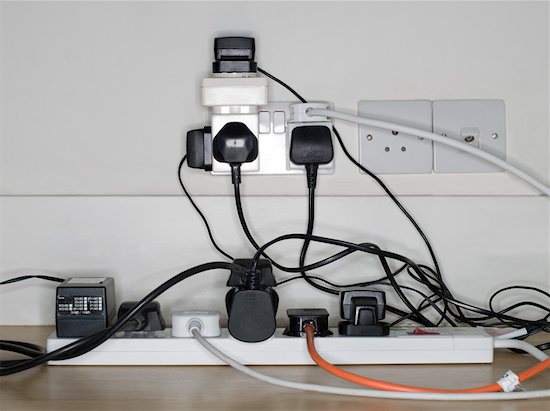Unraveling the Role of Electrical Cables: A Comprehensive Guide
2 min read
614-01623509 Model Release: No Property Release: No Plug sockets and cables
Electrical cables are the unsung heroes of modern infrastructure, silently powering our world with precision and reliability. In this in-depth exploration, we delve into the intricate workings of electrical cables and uncover the crucial role they play in our daily lives.
- Understanding the Basics of Electrical Cables:
Electrical cables are composed of conductors, insulators, and protective sheaths, all working together to facilitate the flow of electricity from one point to another. The conductors, typically made of copper or aluminum, carry the electrical current, while the insulating materials prevent leakage and ensure safety. The protective sheath shields the cables from external factors such as moisture, heat, and physical damage. - Transmission of Electricity:
Electrical cables serve as the lifeline for transmitting electricity over long distances, connecting power plants to homes, businesses, and industries. Through a complex network of cables, electricity flows seamlessly, powering appliances, lighting systems, and machinery with precision. - Role in Data Transmission:
In addition to carrying electrical power, specialized cables are designed for data transmission, enabling the seamless transfer of information in telecommunications, networking, and audio-visual systems. Fiber optic cables, for instance, use light signals to transmit data at high speeds over long distances, revolutionizing the way we communicate and access information. - Importance of Proper Installation and Maintenance:
The efficiency and safety of electrical cables depend on proper installation and regular maintenance. Factors such as cable routing, load capacity, and environmental conditions must be carefully considered to ensure optimal performance and longevity. Routine inspections and testing help identify potential issues before they escalate, preventing costly downtime and hazards. - Innovations in Cable Technology:
Advancements in cable technology continue to drive progress in energy efficiency, data speed, and reliability. From high-temperature superconductors to smart cables with built-in sensors, the future of electrical cables holds promise for enhanced performance and sustainability.
Conclusion:
Electrical cables are the backbone of our modern society, enabling the seamless flow of electricity and data that powers our interconnected world. By understanding the intricacies of electrical cables and investing in quality installation and maintenance, we can ensure a reliable and efficient infrastructure for generations to come.

